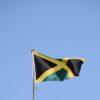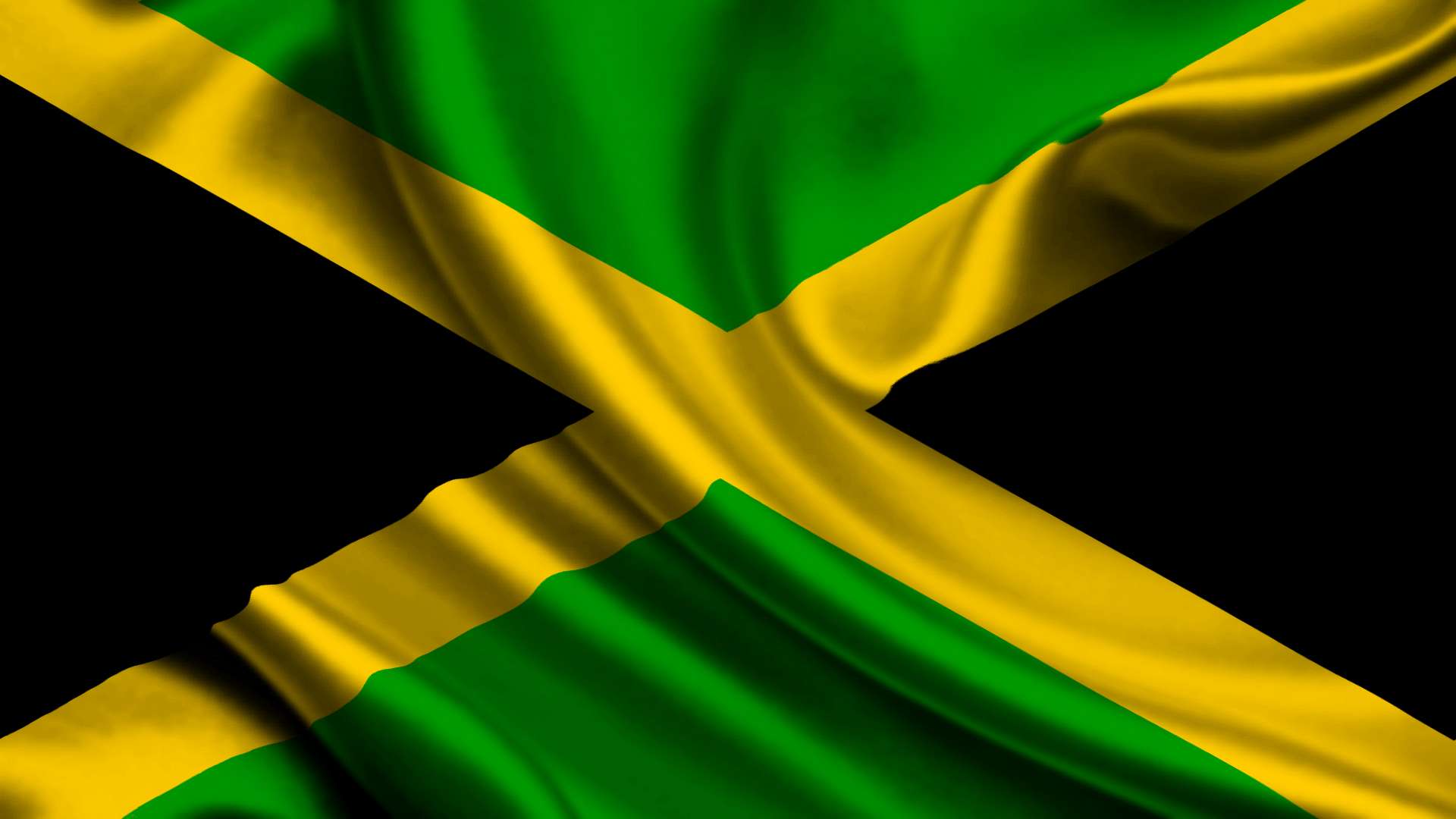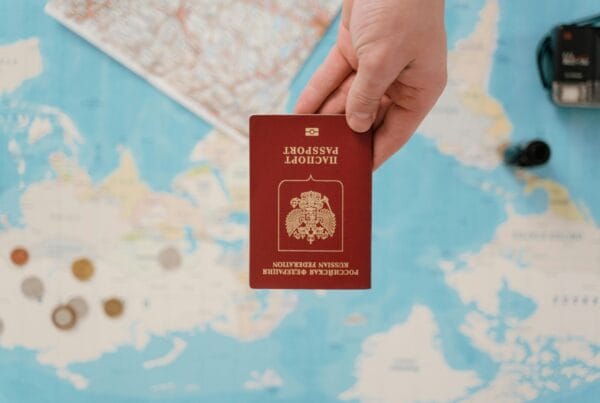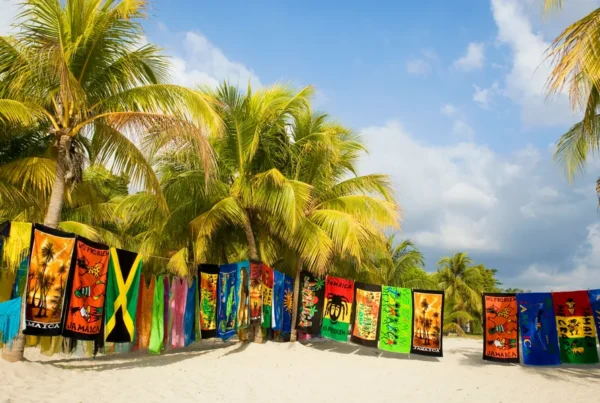Planning a trip to Jamaica or currently living on this Caribbean paradise island? While it’s famous for stunning beaches, vibrant music, and delicious cuisine, there’s one crucial factor that travelers and residents alike must consider: the Jamaica hurricane season.
Understanding what to expect from the Jamaica hurricane season is essential for ensuring your safety and peace of mind. Whether you’re an adventurous tourist or a cautious local, this complete guide covers everything you need to know to prepare, stay safe, and make the most of your time on the island—even during hurricane season.
Keep reading to find out more!
What to expect from the Jamaica hurricane season
The Jamaica hurricane season is a significant concern for both travelers and residents. Jamaica’s tropical climate and idyllic scenery make it one of the most sought-after destinations in the Caribbean, which is why knowing the risks of the season is crucial for a safe and enjoyable experience.
Let’s explore what this season entails, when it occurs, common impacts, and the best ways to stay safe.
When does the Jamaica hurricane season start and end?

The Jamaica hurricane season typically begins on June 1st and ends on November 30th, with the highest risk of hurricanes occurring between August and October. During these months, the island may experience tropical storms and hurricanes of varying intensity.
While not every year brings severe impacts to Jamaica, the potential is always present, making it vital to stay informed through weather forecasts and follow safety recommendations.
What are the main risks during the Jamaica hurricane season?
During the Jamaica hurricane season, the following risks are most common:
- Intense rainfall leading to flooding
- Strong winds with destructive potential
- Landslides in mountainous regions
- Disruptions to air and sea travel
- Power outages and damage to infrastructure
Even a tropical storm can cause major disruptions. Fortunately, local governments, hotels, and tour operators generally have effective contingency plans and communication protocols in place for visitors.
How to prepare for the hurricane season
If you’re planning to visit Jamaica during the hurricane season, here are key tips to minimize risks and ensure a smoother experience:
Choose your travel dates wisely
Avoid the peak months of August, September, and October if possible. Traveling in June, early July, or November usually presents a lower risk. For more insight on travel timing, check out the best time to visit Jamaica guide.
Purchase travel insurance during the Jamaica hurricane season
Ensure your policy covers flight cancellations, itinerary changes, and medical assistance in case of weather emergencies.
Monitor weather alerts
Stay updated through reliable sources like the National Hurricane Center (NOAA) and the Jamaica Meteorological Service.
Have an emergency plan
Ask your hotel about their hurricane protocols. Know where to go, who to contact, and what to do in case of evacuation.
Is it safe to travel during the Jamaica hurricane season?
Yes, traveling to Jamaica during hurricane season is possible as long as you stay informed and prepared. Many tourists still choose to visit the island during this time to enjoy lower prices and fewer crowds.
Most tropical storms pass offshore, and when a hurricane approaches, authorities typically issue warnings with sufficient time for preventive measures.
Pros and cons of visiting Jamaica during hurricane season
Benefits:
- Lower hotel and flight prices
- Fewer tourists, meaning a more relaxing atmosphere
- Unique cultural experiences, such as local festivals
Drawbacks:
- Risk of storms or travel interruptions
- Temporary closure of some attractions
Need for flexible travel plans
Alternative activities during rainy or stormy days
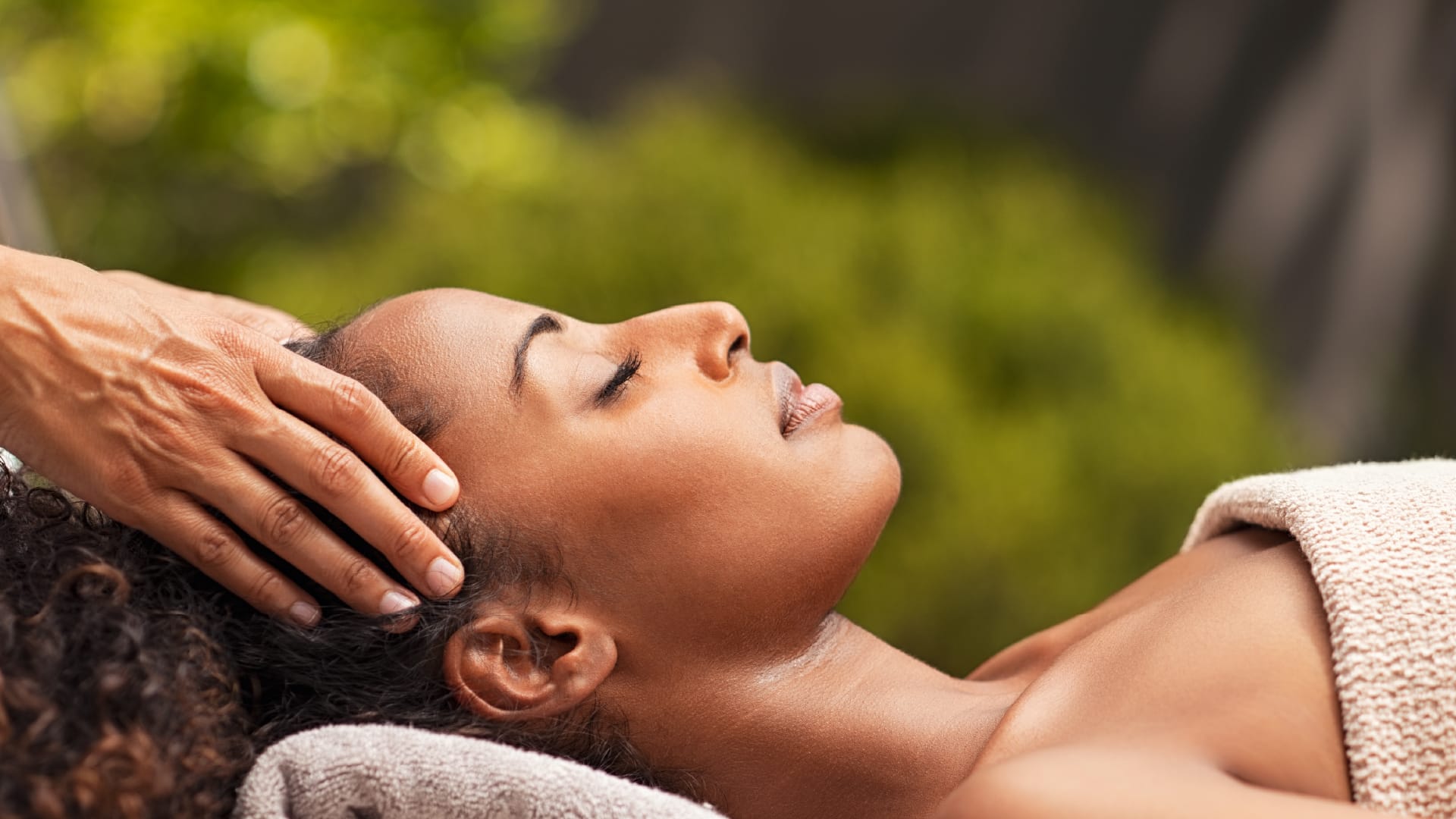
Not every day of the Jamaica hurricane season is stormy. Many days are sunny or have only brief showers. Here are some excellent indoor or sheltered activities:
Visit local museums
Like the famous Bob Marley Museum in Kingston.
Enjoy a culinary tour
Try authentic Jamaican dishes like jerk chicken or ackee and saltfish.
Wellness experiences
Many resorts and villas offer yoga, massages, and spa services that are perfect for rainy days.
Shop for local handicrafts
Explore indoor markets and discover Jamaica’s colorful culture through art and spices.
Environmental and cultural positives of hurricane season
Despite its challenges, the Jamaica hurricane season can have some surprising benefits:
- Nature Regeneration: The heavy rains leave the island even greener and more vibrant.
- Community Spirit: Locals often come together to help each other during tough weather.
- Cultural Events: Even during rainy periods, Jamaica celebrates its culture with local events and music.
Bonus tip: Choose resilient accommodations
Pick hotels with good reputations for climate preparedness. Many large resorts in Montego Bay, Negril, and Ocho Rios have:
- Backup generators
- Emergency kits
- Staff trained in hurricane protocols
- Clear evacuation plans
Is it worth visiting Jamaica during hurricane season?
Absolutely—with preparation and flexibility, your trip can still be incredible. While risks exist, many travelers enjoy the lower prices, smaller crowds, and richer cultural experiences during the off-peak months.
With a careful eye on forecasts and a well-prepared itinerary, you can make the most of Jamaica’s beauty—whether sunbathing or enjoying music and cuisine indoors.
Also check how to manage your budget using the Jamaican dollar.
Frequently Asked Questions About the Jamaica Hurricane Season
1. What are the most dangerous months of the Jamaica hurricane season?
August, September, and October typically see the highest hurricane activity.
2. Does Jamaica close to tourists during hurricane season?
No. The island remains open to tourism with heightened safety measures during alerts.
3. Can I reschedule or cancel my trip if a hurricane is forecasted?
Yes. Most airlines and hotels offer flexibility or refunds during severe weather warnings.


